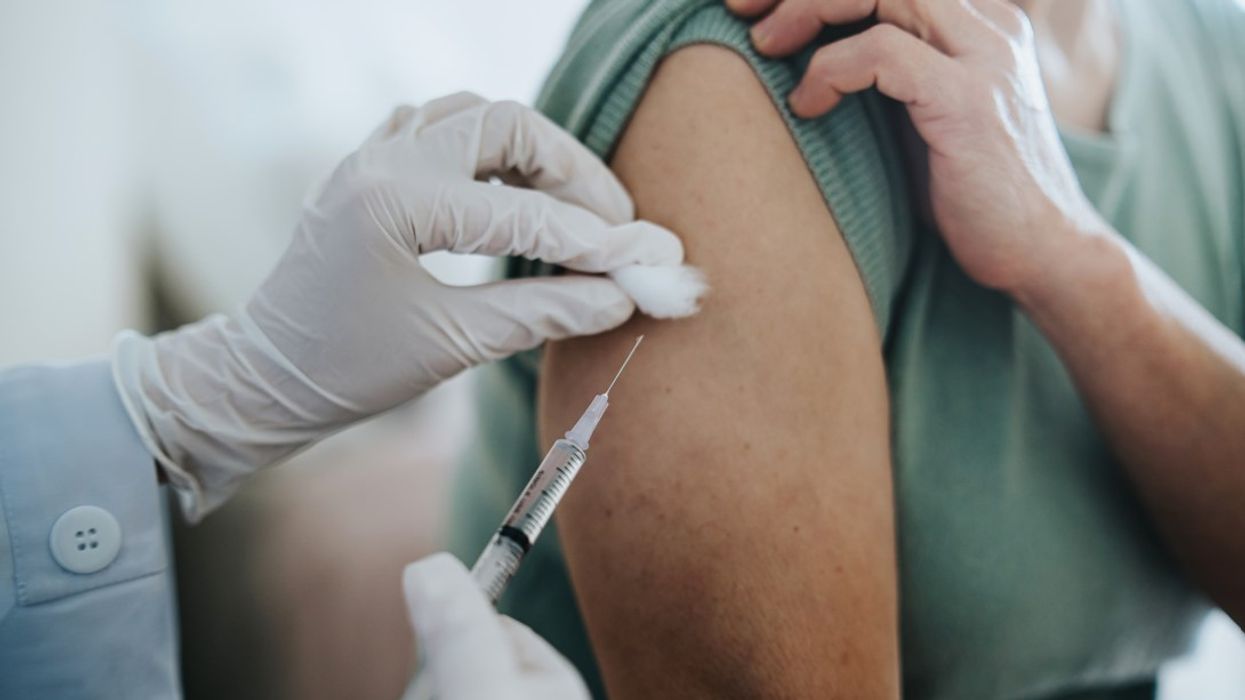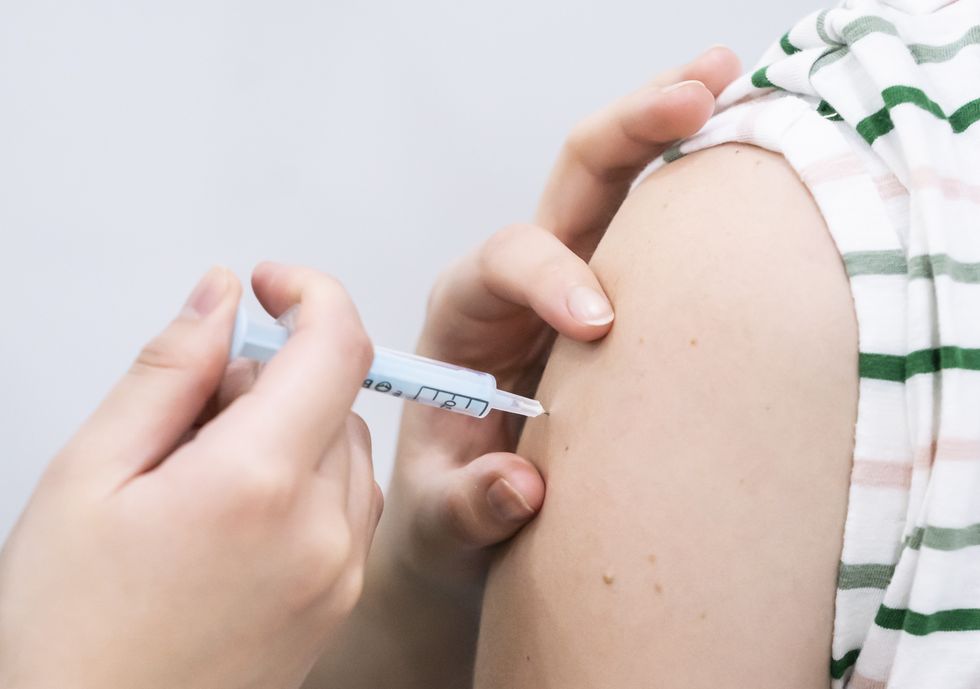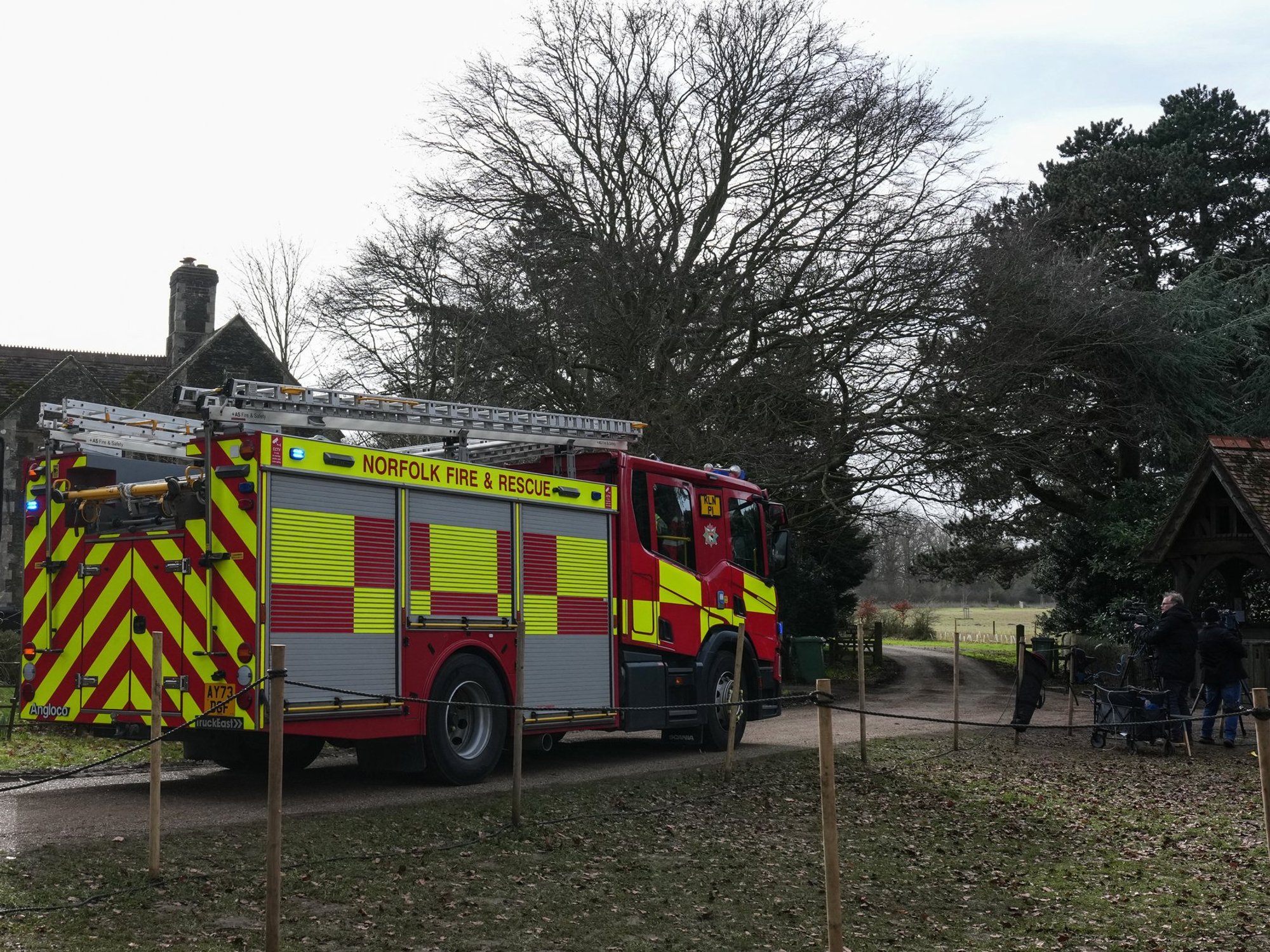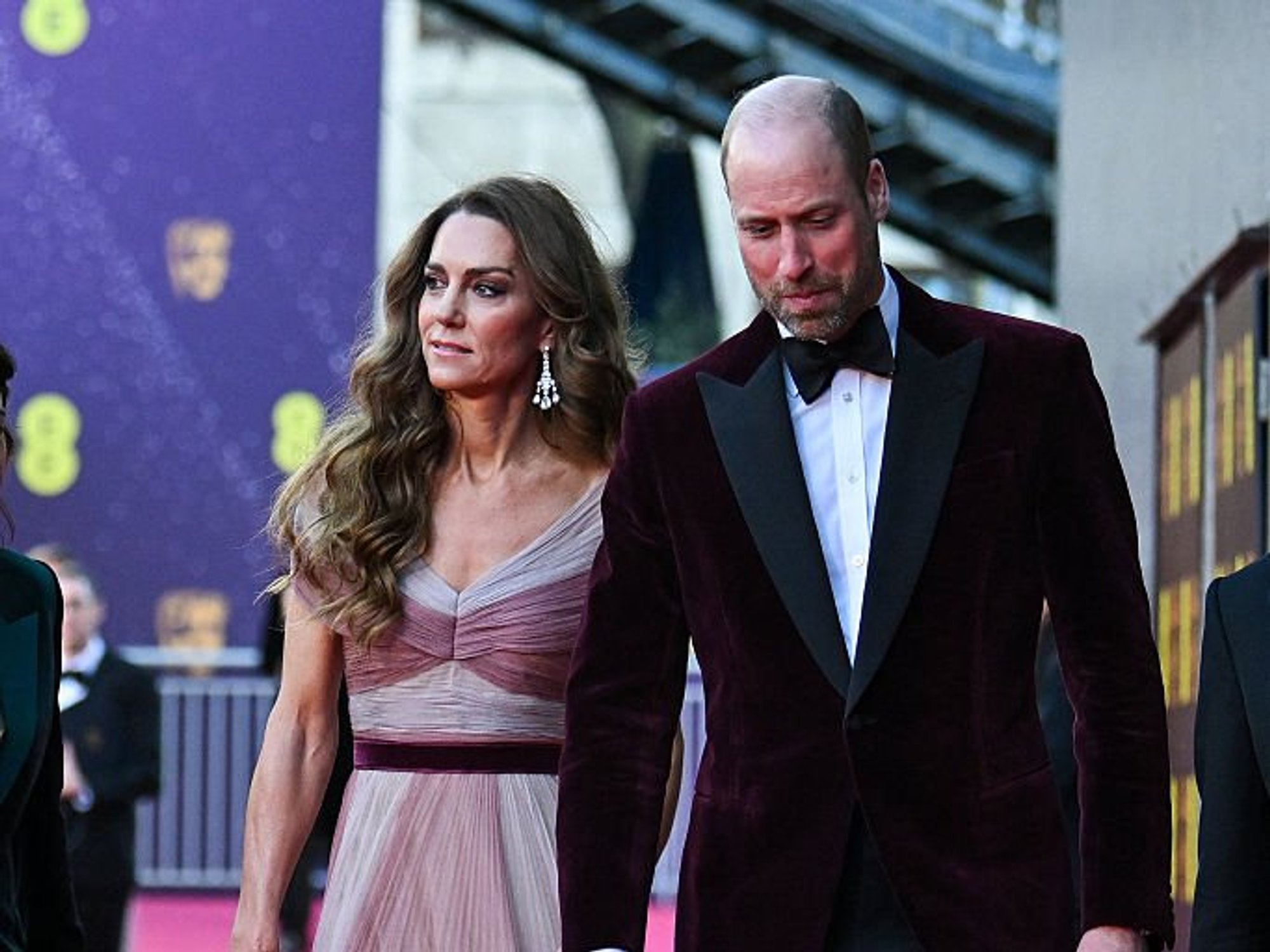Fears over 'scary cocktail' of NHS vaccines as over 65s offered four jabs - do you need them?

Over 65s are being offered four vaccines
|GETTY

There are currently four vaccines offered by the NHS for over 65s
Don't Miss
Most Read
Latest
The NHS recommends different vaccines depending on the time of year and age of the patient.
What is on offer depends on age and any other health condition.
NHS offers various vaccines from birth, through childhood and at key stages of life, such as pregnancy.
Over 65s can get the flu vaccine (every year), pneumococcal vaccine and shingles vaccine.
The UK Government is also currently offering a Covid booster to those over 65, at-risk groups and frontline workers, among others.

The vaccines offered can depend on age and general health
|PA
While they are all available and the NHS shares their importance, the number of vaccines might be cause for concern for some Britons.
Broadcaster Liz Kershaw took to X to ask for advice on the vaccines.
She wrote: "Am currently being offered 4 different vaccines by #NHS. Flu, another Covid booster, pneumonia and shingles.
"Quite a cocktail. And a bit scary tbh. Not sure what to do. What do you reckon?" [SIC]
Liz received mixed responses to her question. One wrote: "Have them, especially if you’re getting on a bit like me, or immune deficient. I’ve had everything; no ill effects whatsoever."
Another agreed, stating: "My mother (89) and I have had them all and are fine, and have not caught flu or Covid."
Others were not so sure. One X user suggested: "Your diet's great, your health looks rude, you enjoy walks, your immune system is great - don't have any of the jabs!"
One more said: "Improve your diet. Ignore the jabs."
However, this is against NHS guidance. The NHS officially recommends over 65s have all the vaccines and it shared why they are important.
Flu vaccine
NHS said: "Flu vaccination is important because, while flu is unpleasant for most people, it can be dangerous and even life-threatening for some people, particularly those with certain health conditions.
"The best time to have your flu vaccine is in the autumn or early winter before flu starts spreading. But you can get your vaccine later."
LATEST DEVELOPMENTS

The NHS recommends all the vaccines
|PA
Pneumococcal vaccine
NHS states: "The pneumococcal vaccine helps protect against some types of bacterial infections that can cause serious illnesses like meningitis (an infection in the brain and spinal cord), sepsis (a life-threatening reaction to an infection), pneumonia (an infection in the lungs).
"It can also help protect against other illnesses such as sinusitis and ear infections."
Shingles
The vaccine is offered to those at higher risk, such as those over 65.
NHS said: "Shingles is a common condition that causes a painful rash. It can sometimes lead to serious problems such as long-lasting pain, hearing loss or blindness.
"You're more likely to get shingles, and it's more likely to cause serious problems, as you get older or if you have a severely weakened immune system.
"The shingles vaccine helps reduce your chances of getting shingles and reduce your chances of getting serious problems if you do get shingles."
Covid vaccine
The Government website states: "The autumn programme is targeted at those at high risk of the complications of COVID-19 infection, who may have not been vaccinated for a few months.
"As the number of COVID-19 infections may increase over the winter, this dose should help to reduce your risk of being admitted to hospital with COVID-19. The vaccine may also provide some protection against mild COVID-19 infection but such protection does not last for long."










